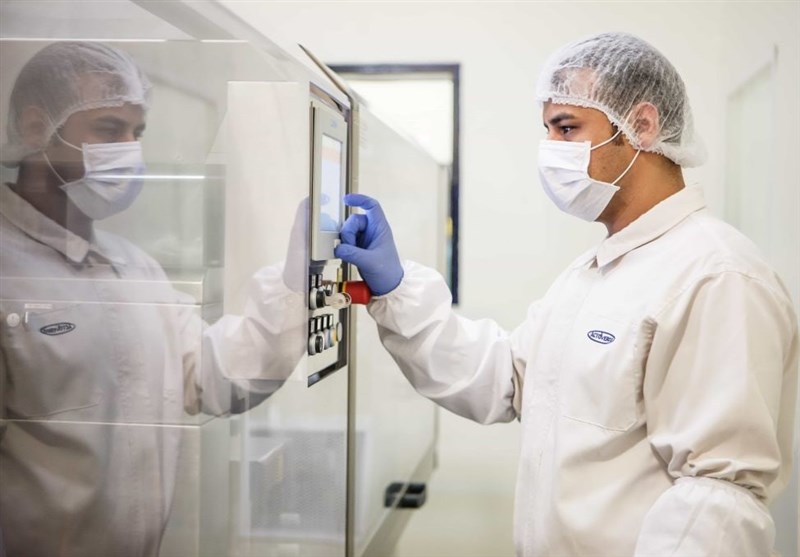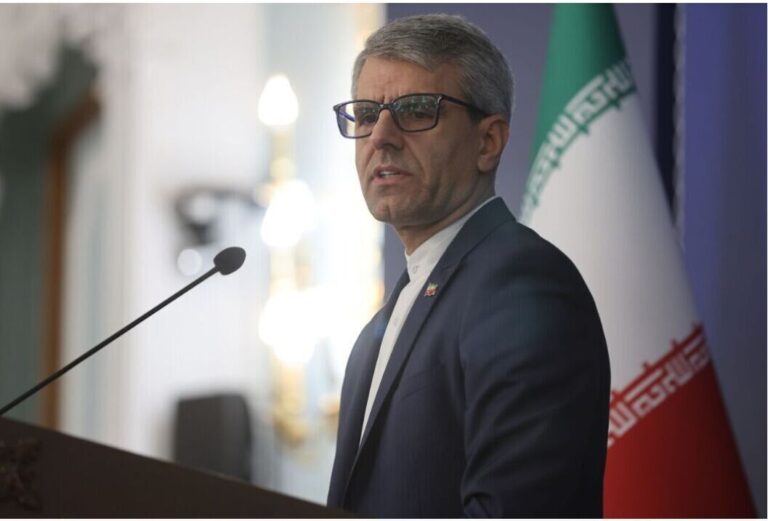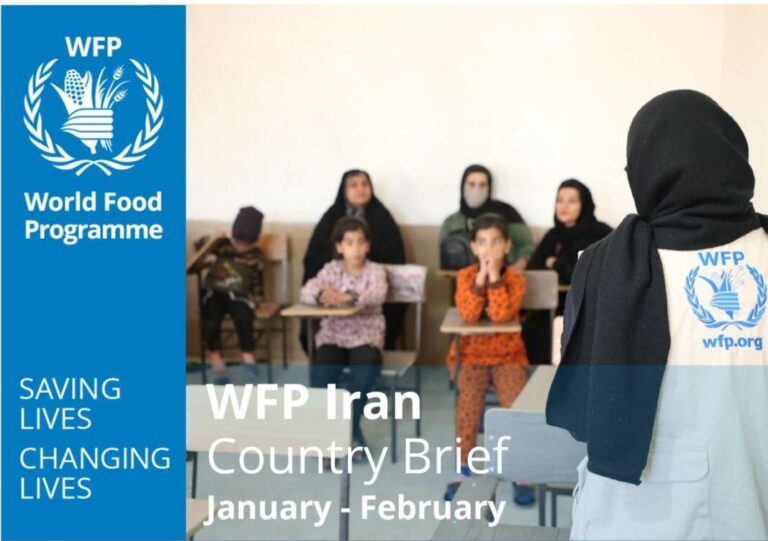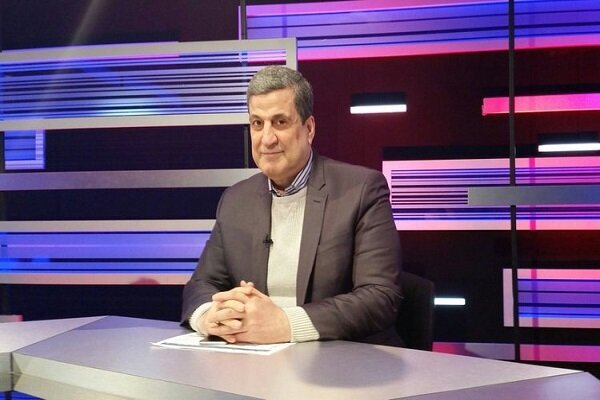Iran Accelerates Pharmaceutical Production to Overcome Sanctions Challenges
As Western sanctions exert pressure on Iran’s economy, the country’s local pharmaceutical and tech sectors are rising to the challenge, focusing on developing innovative homegrown solutions, particularly in healthcare. This shift towards self-sufficiency is evident in multiple facets of the medical industry.
One of Iran’s leading pharmaceutical companies, Zist Takhmir, has made significant strides in producing essential medications, including cancer treatments. The lab director of Zist Takhmir stated, “Our production uses modern equipment,” emphasizing the company’s commitment to adhering to strict safety protocols for all staff members. This includes comprehensive protective gear and meticulous manufacturing procedures to ensure the highest quality of products.
In addition to cancer medications, Zist Takhmir is also scaling up the production of probiotics. The company operates from the Pardis Technology Park, located near Tehran, which serves as a significant innovation hub that accommodates over 400 companies, ranging from large industrial entities to emerging startups.
- Focus on Local Manufacturing: With the tightening of sanctions, Tehran is concentrating on enhancing local production capabilities, especially within high-tech industries.
- Positive Outcomes of Sanctions: The park’s director of international affairs mentioned, “We think that sanction is not a good phenomenon, but in one or two aspects, it is very good for us.” This reflects a broader sentiment that the sanctions have inadvertently spurred local manufacturing initiatives.
Amid these challenges, the push in the medical technology sector is particularly noteworthy. Management at the technology park has showcased a diverse array of locally manufactured items, ranging from small medical implants to comprehensive operating room setups. Notably, while medical goods are technically exempt from sanctions, Iranian hospitals face significant difficulties in paying international suppliers, which hinders access to Western medical equipment.
- Local Production of Medical Equipment: A manager highlighted, “That’s why we have a very deep depth of the production here.” Currently, Iran is producing approximately 10,000 medical beds annually to meet the demands of its population.
- Self-sufficiency in Healthcare: The country is now capable of fulfilling 85% of the equipment needs for new hospitals, which marks a significant achievement in domestic production.
The sentiment of hope for a resolution in nuclear negotiations is palpable among many at the technology park. They are closely monitoring developments between Tehran and the Trump administration, anticipating that a successful agreement could alleviate some of the pressures created by US sanctions.
Despite the challenges, Iranian Foreign Minister Abbas Araqchi acknowledged the complexity of the ongoing negotiations. He stated, “The negotiations are more complex than something that could be resolved in just two to three meetings.” Nonetheless, he remains optimistic, noting, “The fact that we are now on a reasonable path, in my view, is itself a sign of progress.”
With no guarantees of a breakthrough on the diplomatic front, Iran’s leadership is steadfast in its commitment to prioritizing domestic production. This strategic focus aims to bolster the nation’s self-reliance and ensure that the healthcare sector continues to thrive despite external pressures.
In summary, as Iran grapples with the impact of Western sanctions, the country is witnessing a remarkable transformation in its pharmaceutical and medical technology sectors. Local companies like Zist Takhmir are not only rising to the occasion but are also setting a precedent for innovation and resilience in the face of adversity. The shift towards self-sufficiency could pave the way for a more robust healthcare system that serves the Iranian population effectively.
This ongoing evolution in Iran’s medical industry underscores the importance of adaptability and innovation in overcoming challenges posed by external pressures. As the country continues to invest in local manufacturing, the potential for growth and development in the healthcare sector is promising.






